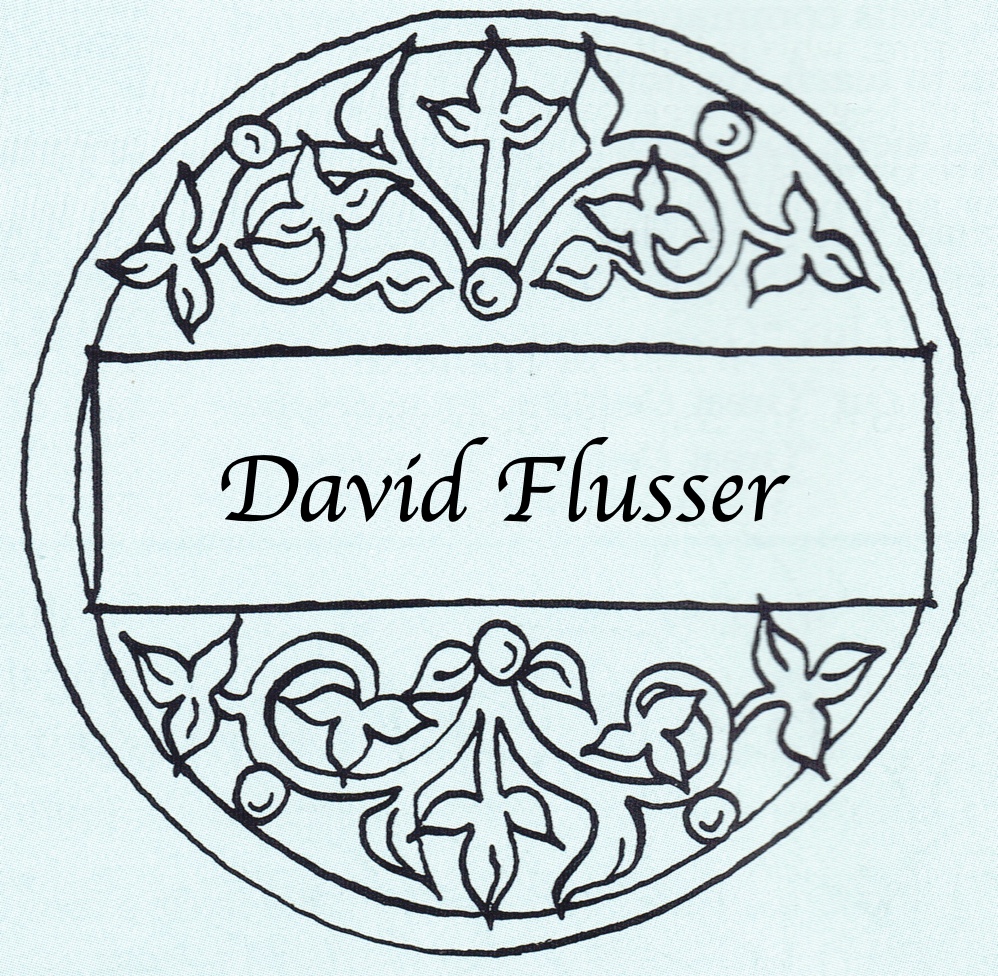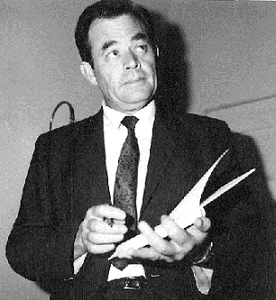How to cite this article: David Flusser, “Foreword to Robert Lindsey’s A Hebrew Translation of the Gospel of Mark,” Jerusalem Perspective (2014): [https://www.jerusalemperspective.com/11787/].

I am very pleased at having this opportunity to write a foreword to a work which, for the first time, explains in much detail the results of Robert Lindsey’s long and painstaking research on the text of Mark and on the Synoptic Problem.[3] It seems clear that Lindsey’s observations have provided a decisive new clue to understanding the synoptic relationships and an equally important clue to the correct approach to the Gospel of Mark.
At present, the scholarly opinion that the Gospel of Mark was a principal source for the writers of the Gospels of Matthew and Luke is all but unanimous. Unfortunately, the occasional voices raised in opposition to this view are usually accompanied by remarks that show a distressing lack of good philological thinking, for in their desire to avoid Markan priority these voices tend to propose theories that run contrary to one or more important facts that have long been known to scholars. Such theories are doomed to oblivion from the start.
Premium Members and Friends of JP must be signed in to view this content.
If you are not a Premium Member or Friend, please consider registering. Prices start at $5/month if paid annually, with other options for monthly and quarterly and more: Sign Up For Premium
- [1] Paul Winter, On the Trial of Jesus (Berlin: Walter de Gruyer, 1961), 28. ↩
- [2] It should be noted that the Gospel of John also lacks a session of the Sanhedrin in which Jesus is condemned to death. ↩
- [3] Robert L. Lindsey, A Hebrew Translation of the Gospel of Mark (2nd ed.; Jerusalem: Dugith, 1973). For an update and emendation of Lindsey’s introduction to this work, see Robert Lindsey, “Introduction to A Hebrew Translation of the Gospel of Mark” and “The Hebrew Life of Jesus.” ↩


![David Flusser [1917-2000]](https://www.jerusalemperspective.com/wp-content/uploads/userphoto/21.jpg)
